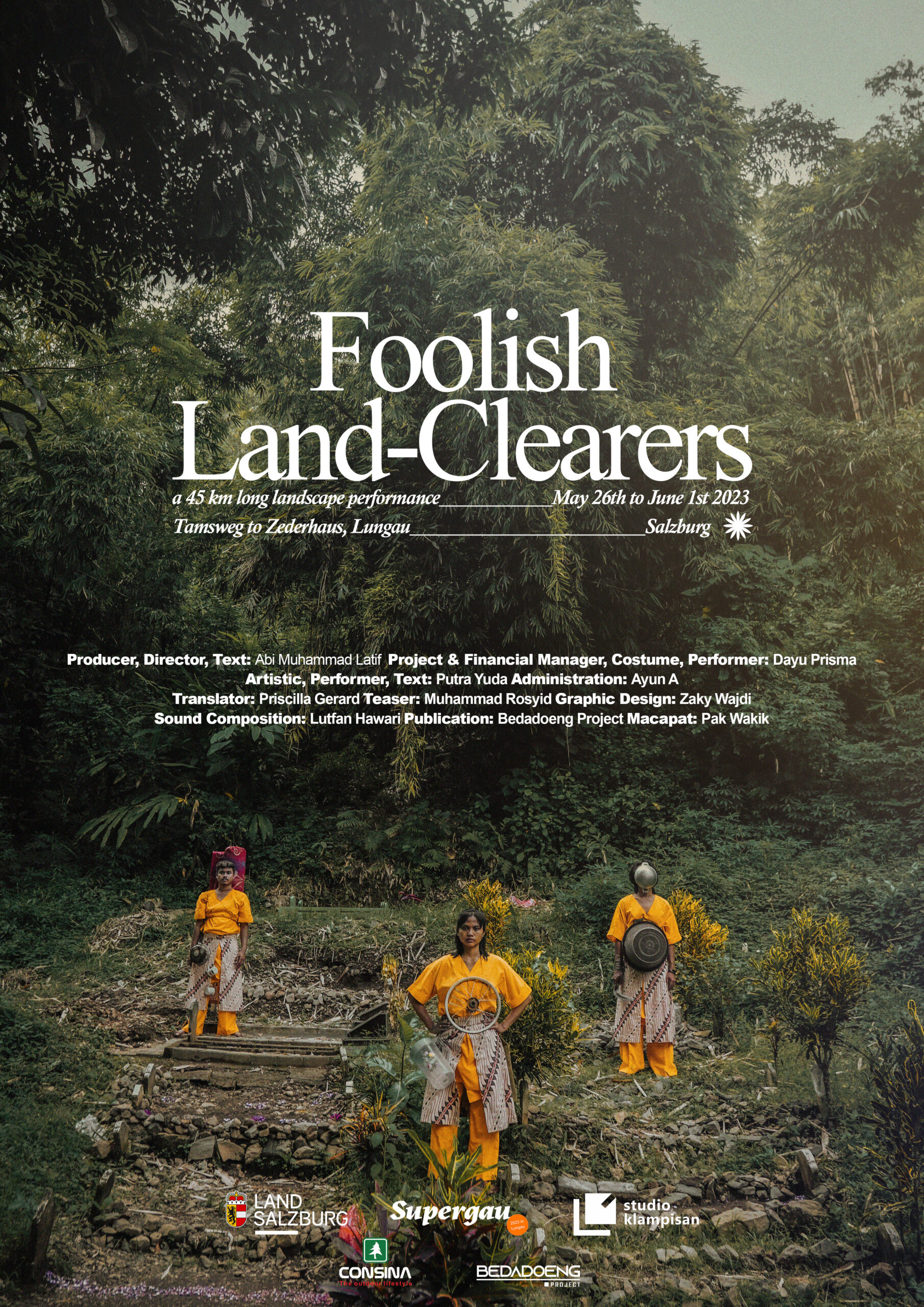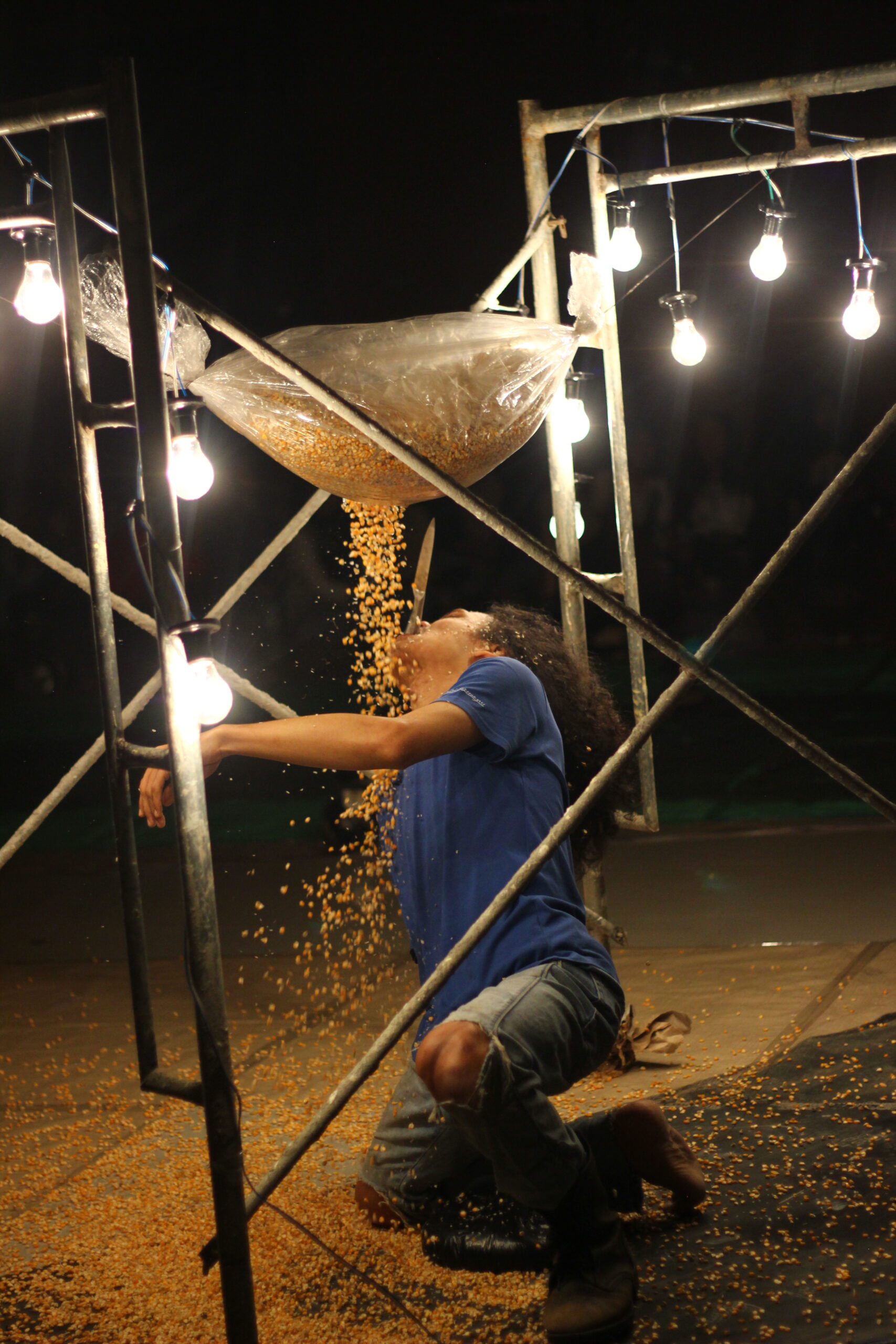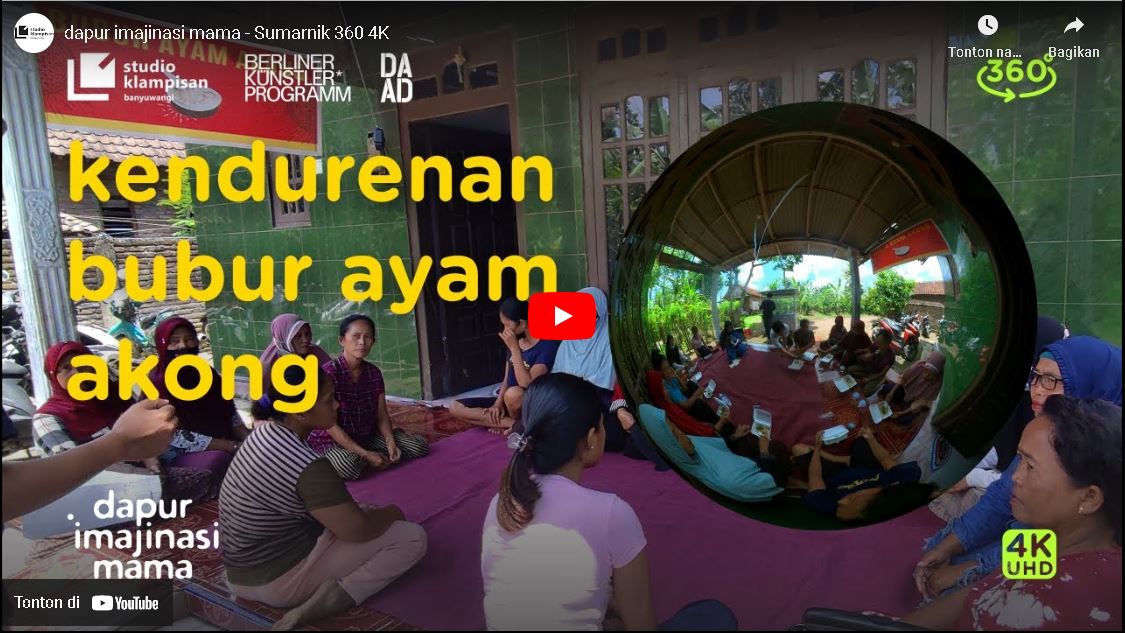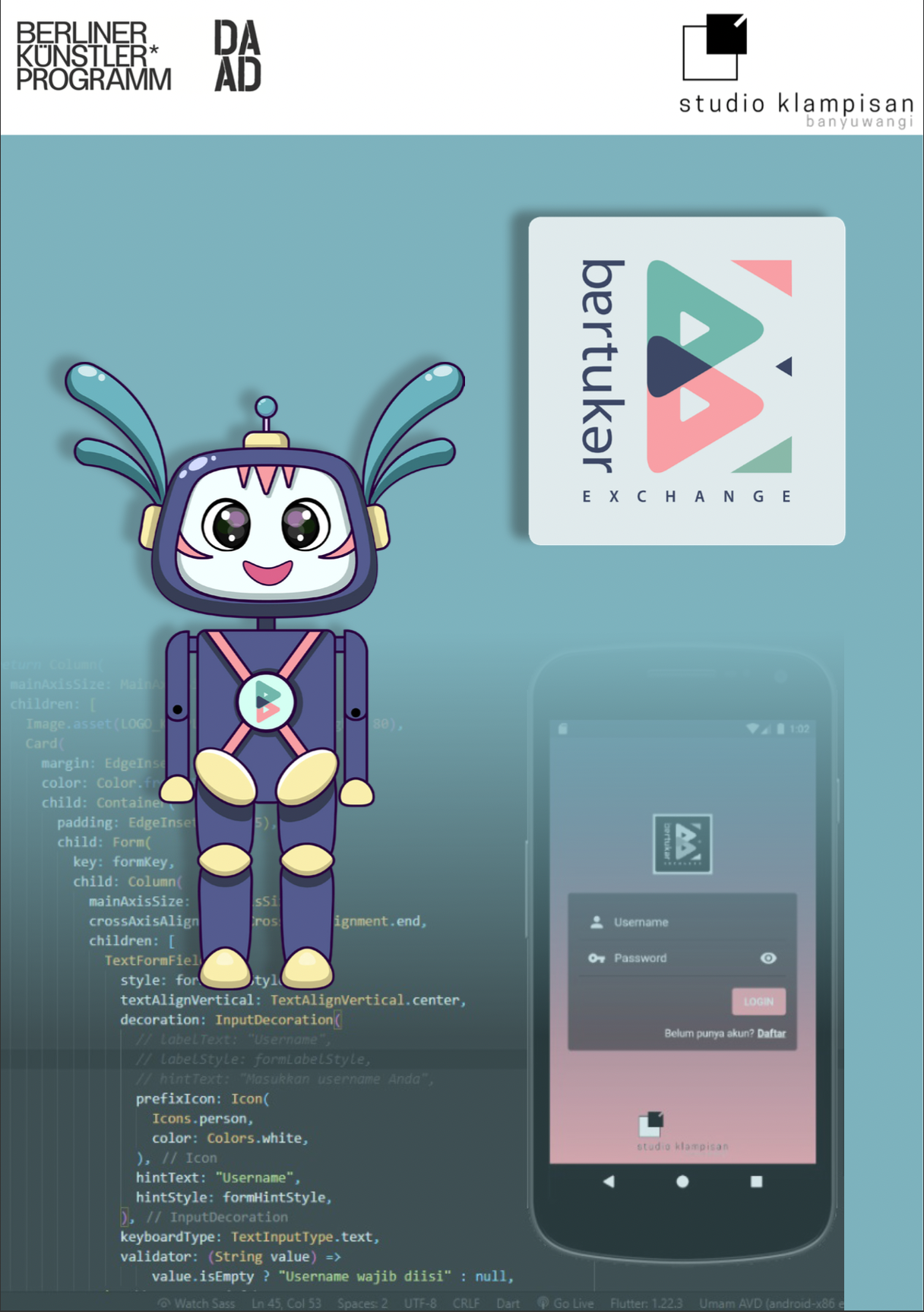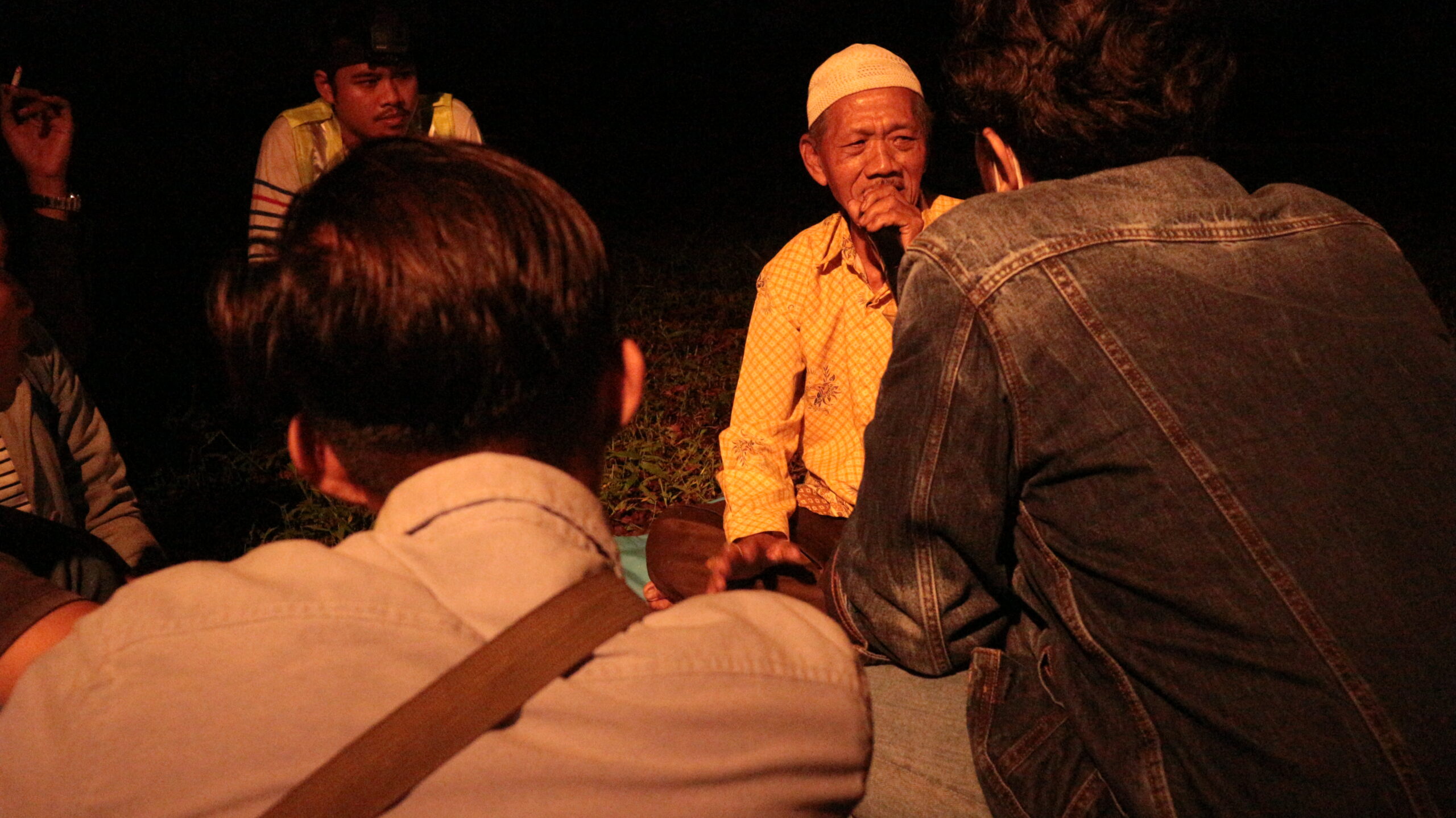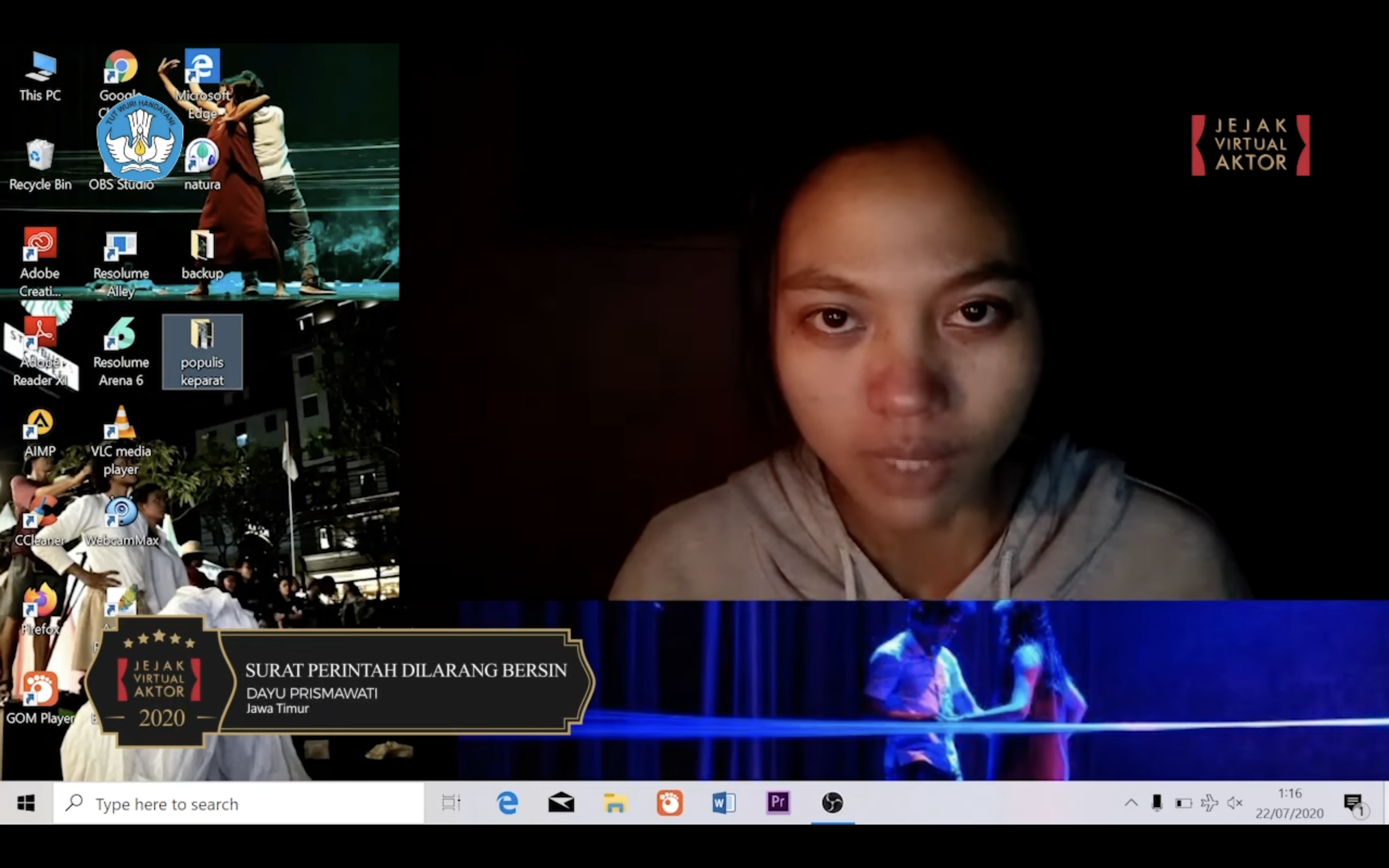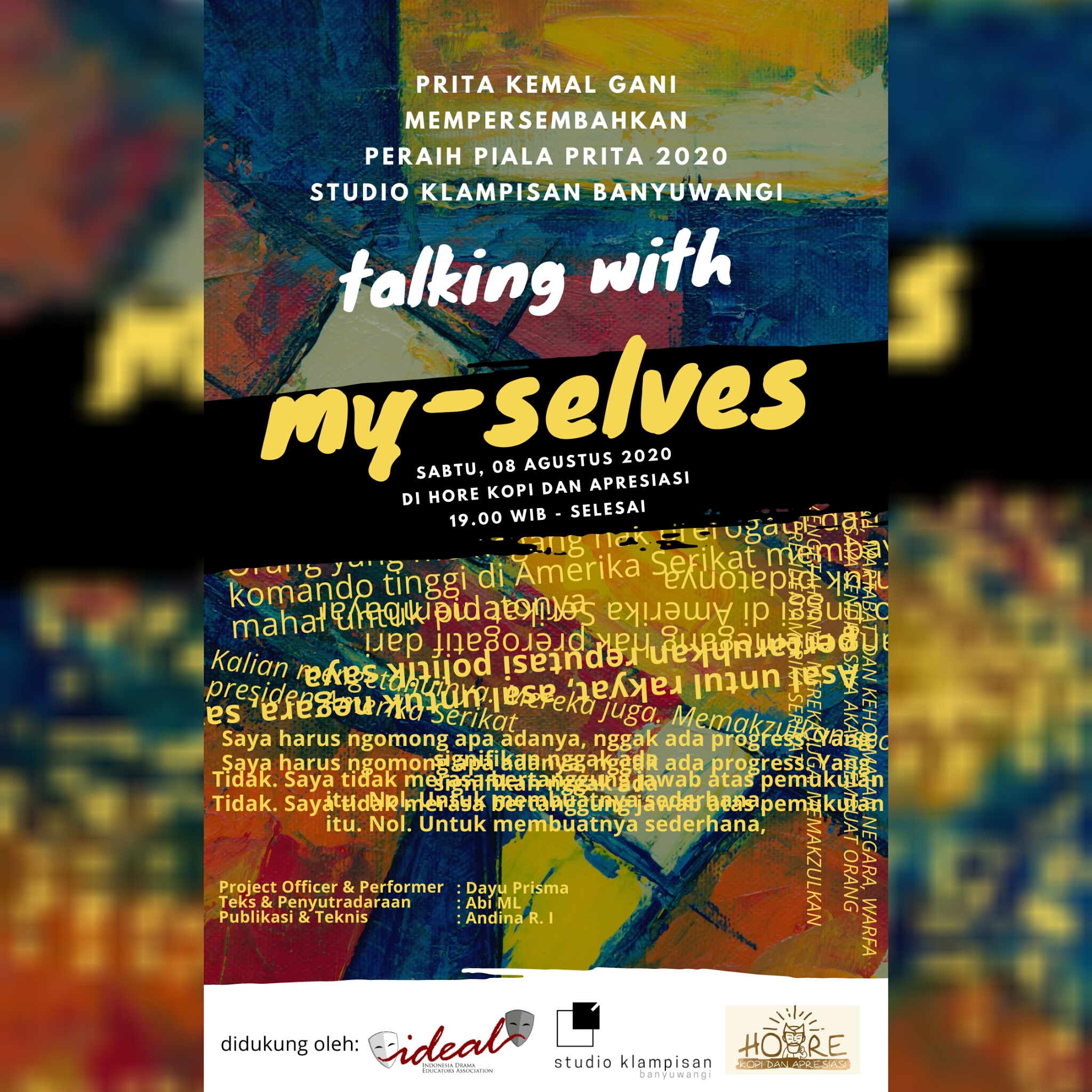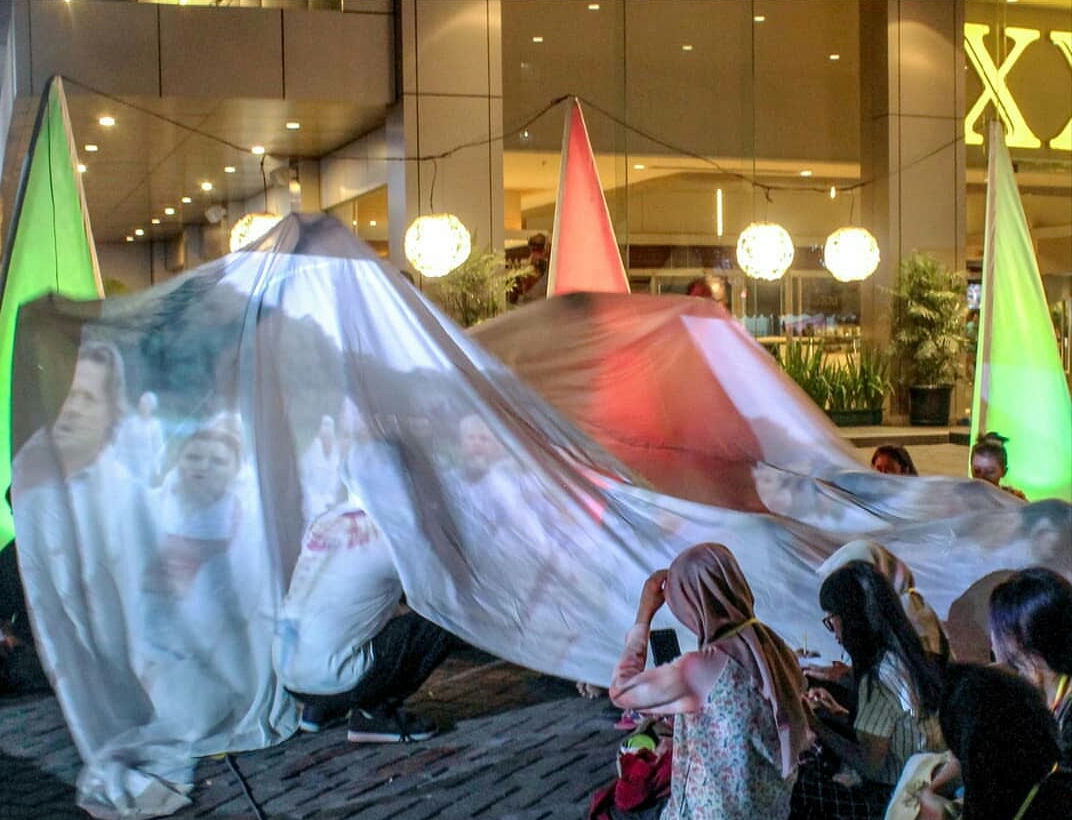Foolish Land-Clearers
a 45 km long landscape performance
• May 26th – June 1st 2023 •
• Tamsweg – Zederhaus, Salzburg Lungau •
• Supergau Festival 2023 •
this performance plays with the position of ownership under the power influence of personal, communal, and nature itself. we – three foolish land clearers — will walk from Tamsweg to Zederhaus to talk with the public, negotiate with nature, gaze at and react to culture, power, history, exclusivity and markets. we invite you to participate in our performance and encounter Lungau’s landscape, which we have intervened with movements, archives, and mantras.
we are bringing news about hillocks in Jember, which are about to be demolished. borrowing Samson’s superpowers for us to bring back home. exchanging parts of hillock’s ecosystem with your stories about Lungau’s landscape. we planted the corpses on tops of hillocks, do tourists leave smoke on your snow? we can be pots of bonsai for you to display on your lavish apartment. my ancestors were land clearers. we are bringing your mountains which got bald, ran over by snowboards. hello, market, can I sell hillocks here?
once upon a time, 2000 years ago, on the far east of Java Island,
the Gadung Mountain was heavily pregnant. the nature rumbled.
the cry of Gadung is the cry of 22 cracked bones.
a baby was ejected, 60 km to the west. the hillocks were born.
then,
the bodies of hillocks were slashed,
the hearts were labelled with ownerships,
the faces became cassavas and bamboos,
the feet turned into paddy fields,
and, on the tops of their heads,
corpses were planted.
Supported by Land Salzburg, Supergau Festival, Consina, and Bedadoeng Project

